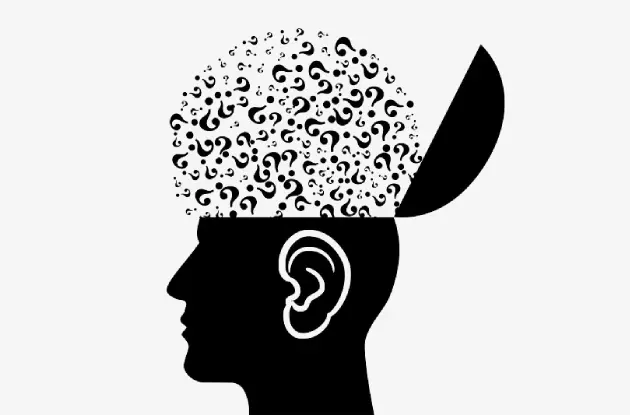What You Need to Know About Dementia and Hearing Loss
Your brain and your hearing are connected in a complex way. While your ears pick up all the beautiful, and sometimes annoying sounds around you, your brain is responsible for making sense and identifying what all of these sounds are and what they mean. When you have a hearing loss, the brain actually begins to receive less sound stimulation due to the hearing loss, and studies have shown this lack of stimulation can cause changes to the brain. In a study published in the scientific journal Alzheimer’s and Dementia in 2019, 10 000 men were followed over 8 years and comparisons were made between the cognition of those with hearing loss and those with normal hearing.
The outcome of the report found that men with mild hearing loss had a 30% increased risk of subjective cognitive decline, men with moderate hearing loss had a 42% increased risk of subjective cognitive decline, and those with severe hearing loss had a 54% increased risk of subjective cognitive decline!
The main discussion points to the hearing and brain connection are:
1.There is brain strain due to hearing loss: when a person is struggling to hear, the brain works harder and has to use more resources from areas other than the auditory cortex to hear, meaning these resources are no longer available for memory.
2.There is a lack of stimulation to the brain: hearing loss means that the brain is getting less sound information form the environment, and a lack of stimulation to certain regions of the brain that process sound. The old saying, if you don’t use it, you lose it, unfortunately holds true to the brain, and with a lack of stimulation, those areas of the brain shrink because they are not being used. Much like a computer, if one part ‘breaks,’ there are typically more global impacts, and this loss in brain volume does not just impact the hearing centers of the brain.
3.Long term hearing loss leads to social isolation: when hearing because laborious, people sometimes choose not to participate in social events because it becomes too difficult to hear and communicate with those around them. This can lead to social isolation, which in turn means that the brain lacks stimulating environments, further impacting brain health.
Interested to learn more? Read the entire article here, as published in the scientific journal of Alzheimer’s & Dementia:
While the news seems grim, it should be noted some studies are showing that hearing aids may attenuate the accelerated cognitive decline we see from untreated hearing loss. In a study that lasted over 25 years with more than 3000 participants, it was found that people with who had treated their hearing loss seemed to attenuate the accelerated cognitive decline exhibited in those with untreated hearing loss. The CBC did a nice summary of these findings in their report titled “Hearing aids may slow mental decline in hard-of-hearing elderly.” Or, read the article summary by following this link.
So, in closing, if you think you have hearing loss, you should not be afraid to seek treatment. The long-term risks of leaving hearing loss untreated are just not worth it. Hearing aids have become stylish, small and are jam packed with technology that can help you hear better. Call your local audiologist to learn more!
If you have questions about untreated hearing loss and dementia, contact Toronto Hearing Health Clinic or your local audiologist to learn more. Are you in the Forest Hill Area? Stop by Toronto Hearing Health Clinic and say hello, we would love to meet you!


